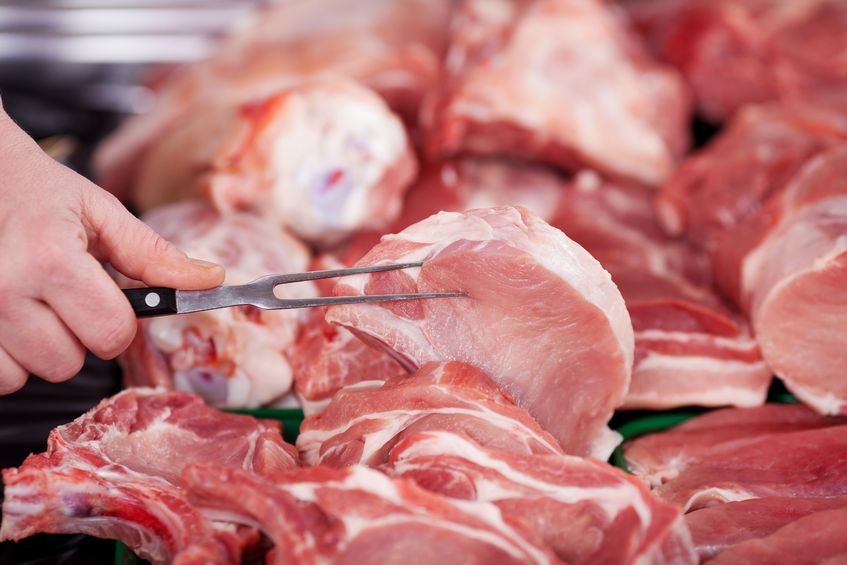
A “meat tax” could prevent almost 6,000 deaths per year in the UK and save the economy more than £700 million, according to researchers.
The study calculated that in 2020 there will be 2.4 million deaths attributable to red and processed meat consumption, as well as £216bn in costs related to healthcare.
It then set out to estimate the optimal levels of taxation in 149 world regions to account for the marginal costs associated with consumption and to encourage consumers to make healthier choices.
The World Health Organisation (WHO) classifies beef, lamb and pork as carcinogenic when eaten in processed form, and as probably carcinogenic when eaten unprocessed.
These three types of meat have also been linked to increased rates of coronary heart disease, stroke and type 2 diabetes.
The consumption of red and processed meat exceeds recommended levels in most high and middle-income countries.
According to Oxford University researchers, this is having significant impacts not only on personal health, but also on healthcare systems and on the economy.
'Two portions per week'
Published today in the journal PLoS One, a study led by Dr Marco Springmann, University of Oxford found that red meat would need to be 20% more expensive and processed meat, like bacon, sausages and jerky, would need to be more than double its current price to account for these health costs.
The research suggests that if the optimum health taxes were introduced, the consumption of processed meat would decline by about two portions per week in high-income countries and by 16% globally.
Unprocessed red meat consumption would remain steady, due to consumers substituting it for processed meat. This could prevent more than 220,000 deaths and save over £30.7bn in healthcare costs every year.
Tax revenues would amount to £130bn globally and cover 70% of the health costs that red and processed meat consumption put on society. To fully cover the costs, the health taxes would have to be doubled, the study says.
The reduced consumption of processed meat identified by the study would also have positive knock-on effects on climate change and body weight.
The researchers found it would reduce global greenhouse gas emissions by over one hundred million tonnes, mainly due to lower beef consumption, and reduce levels of obesity by driving consumers to lower-calorie substitutions.
The study comes as researchers found that people who eat higher levels of red meat and cheese are more likely to live longer.
The British public have also been urged not be put off eating red meat, a panel of experts stated last month, following the latest headlines linking eating products like bacon and ham to cancer.
